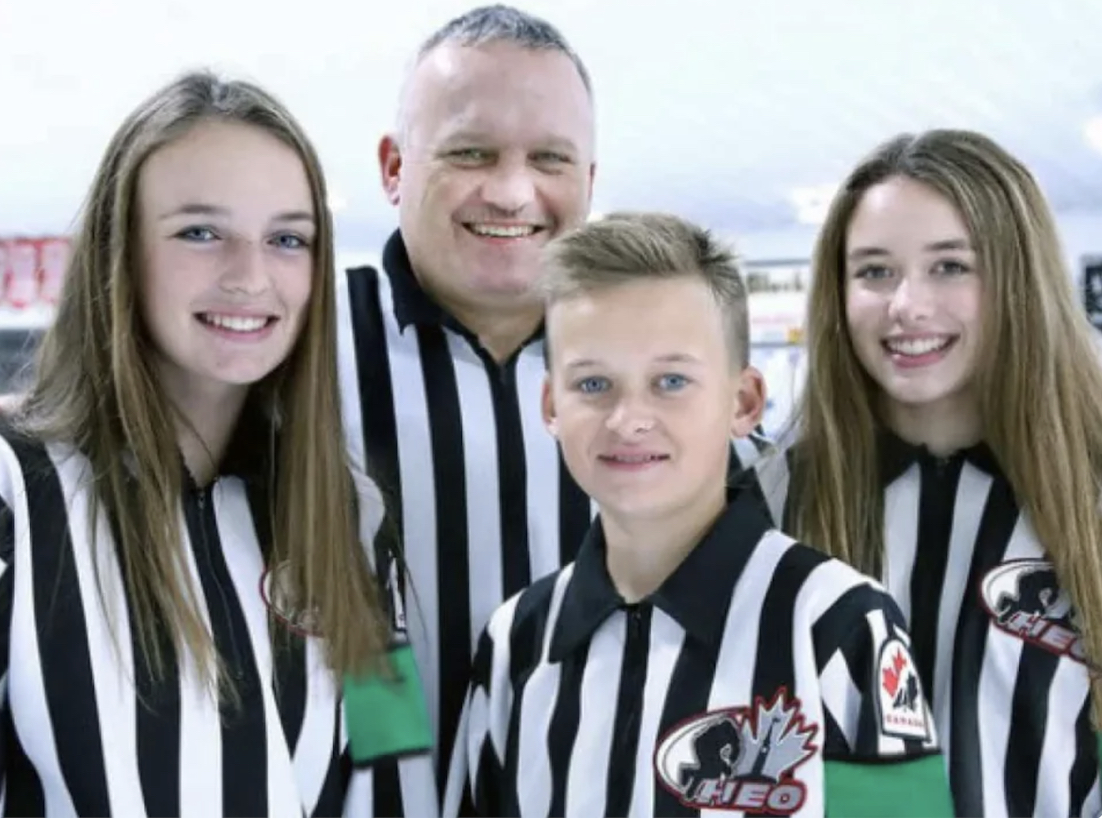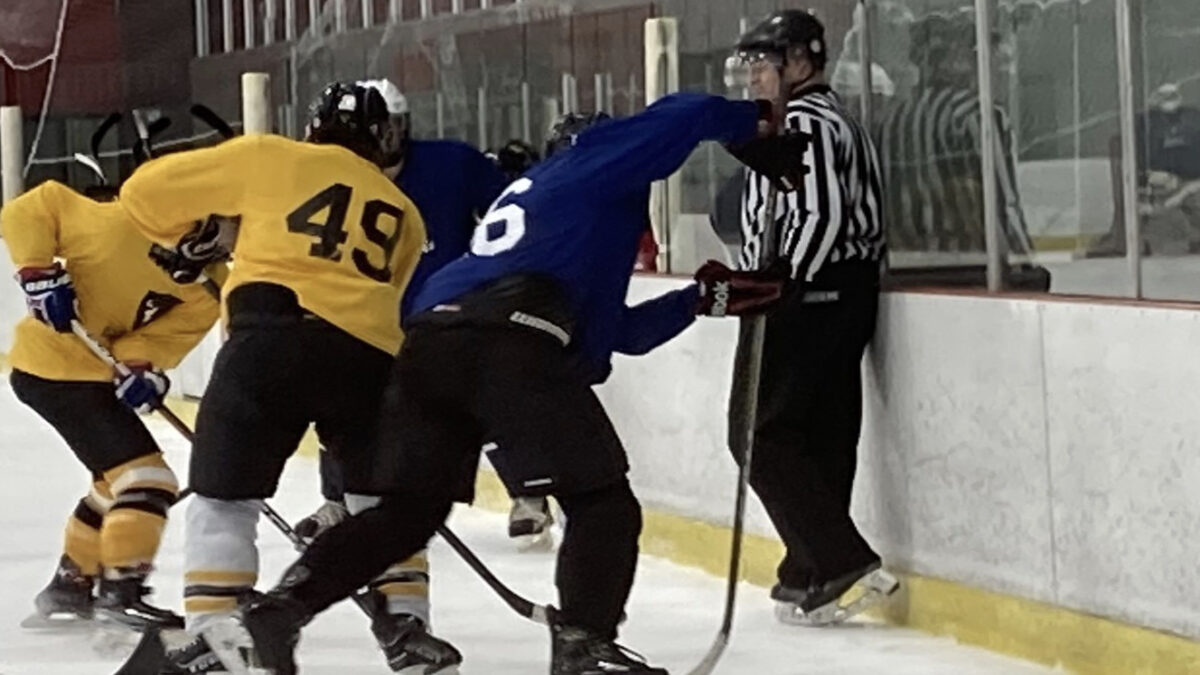The Ottawa Sport Council is waving a red card on referee harassment with a new project “to improve the way community sport organizations recruit, manage and retain volunteers” — including the beleaguered officials who enforce the rules of the game.
Marcia Morris, executive director of the OSC, said the council hopes to launch the program in July.
“Community sport requires the participation of many different people. Athletes, coaches, volunteers, and at times, spectators. But there is another group of people who are essential to a successful match in any sport: Referees,” the OSC said in a recent blog post.
The council, a city-funded organization supporting local sport development, has identified “abuse, a lack of organizational support and a lack of compensation” as key factors creating a growing shortage of referees in community sport.
“The bottom line is this: Officials are integral to the current and future success of community sport. They play a major role in the enjoyment of sport, especially at the youth level,” the OSC stated. “A culture of abuse needs to be replaced with a culture of respect. Nobody wants games to be cancelled because of a problem that can easily be solved with some patience and empathy.”
A culture of abuse needs to be replaced with a culture of respect. Nobody wants games to be cancelled because of a problem that can easily be solved with some patience and empathy.
Ottawa Sport Council
Ian McDonnell, a veteran referee who mainly officiates men’s hockey in Ottawa, described what an average night on the rink is like.
“I would say almost every night someone is giving you verbal abuse using obscenities.”
His experience as a referee isn’t new. However, in recent years, this has become a major issue within local recreational sports.
When recalling his time officiating junior hockey games, McDonnell said that, “One out of every 10 games, we needed a police escort out of the town if the home team lost.”
In its recent statement about referee harassment, the OSC highlighted an article published last year by the Ottawa-based Sport Information Research Council detailing how Canada is experiencing a shortage of referees. SIRC attributes this to a lack of support, compensation from community sport organizations for referees, but most importantly because of the abuse experienced while officiating.
McDonnell said a big problem is that players, coaches and fans who abuse referees face “very little sanctions. … There is no follow up in terms of suspensions. The player who abuses you one night is back on the ice the next night.”

The COVID-19 pandemic was also highlighted as a factor in the referee shortage.
Johnny Misley, CEO of the Ontario Soccer Association, said their leagues were deeply affected by the pandemic.
“We had about 8,500 referees before the pandemic in 2019,” said Misley. “We went down to the lowest 3,200 in 2020-2021.”
However, the OSA has recovered fairly well. Misley credits the association’s aggressive recruitment campaign as one reason why.
The problem of referee harassment has led Joel Leviton, the owner and manager of Ottawa Rec Sports, to take extra precautions when deploying new referees in its adult soccer and volleyball leagues.
There is no follow up in terms of suspensions. The player who abuses you one night is back on the ice the next night.
Ian McDonnell, Ottawa hockey referee
“When we bring in new staff that are learning the job, we have to be careful to place them on games that have teams who we can trust to act respectfully to the staff.” Leviton said. “I have over the years seen refs quit after their first shift after being screamed at over a call, and I’ve seen experienced refs quit mid-shift.”
To reduce the amount of verbal harassment directed at younger referees, some organizations, such as Hockey Eastern Ontario and the Northern Ontario Hockey Association, have implemented a system in which referees under age 18 wear a green armband to signify that the official is a minor.
To incentivize others to stay, Leviton said that he is attempting to set aside a larger budget for more experienced referees.
He said he also encourages his officials to exercise their power during the game.
“We reiterate to them every day that any player or captain with an issue must speak to them calmly,” Leviton said of soccer referees. “And they should feel encouraged to use their cards to remove any player that has lost their temper and we will support them with follow-up suspensions.”
One organization that is taking more drastic measures to combat the issue is the Ontario Soccer Association. As a part of its multi-year program called “No Ref, No Game”, the OSA has, in a pilot program, equipped officials with body cameras to discourage harassment from parents, coaches and players.
Misley said that, based on anecdotal information, the cameras have worked.
“Referees are feeling a different level of confidence when they have the cameras on because they have that visual deterrent,” said Misley.
In addition, Misley also outlined other things referees can use such as a “Take 5 program” that allows referees to pause a game for five minutes to de-escalate emotions.
“We are trying to build towards the day where harassing a ref is viewed as just as appalling behaviour as harassing a waiter at a restaurant or yelling at any retail worker when an outcome isn’t exactly as you want,” Leviton said.




